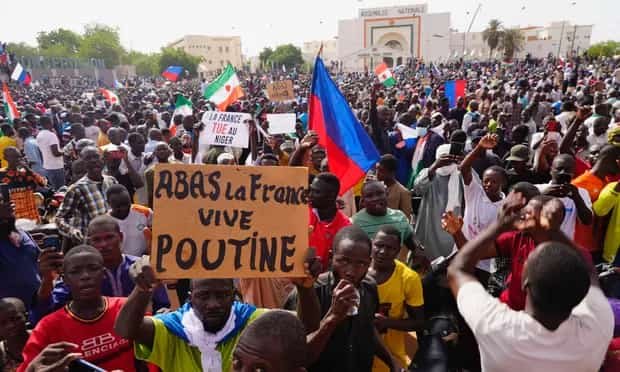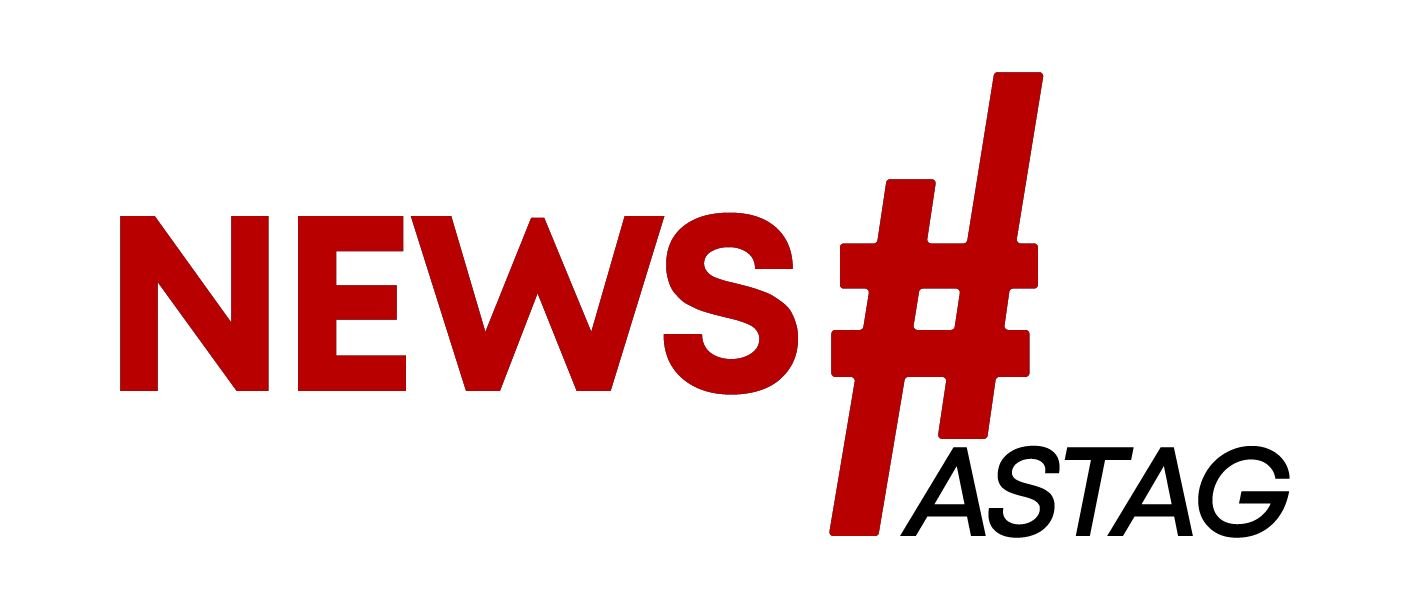U.S. Orders Temporary Withdrawal of Embassy Personnel in Niger Amid Military Coup
In response to the ongoing military coup in Niger, the U.S. government has taken the difficult decision to order many U.S. embassy personnel to temporarily leave the country. The State Department announced on Wednesday evening that “non-emergency U.S. government personnel” and their families would be required to evacuate Niger. However, a core group of staffers will remain at the embassy, and the facility will not be closed entirely. Nevertheless, routine services have been suspended, and the embassy can only offer emergency assistance to U.S. citizens within Niger. The extent of these orders regarding non-U.S. citizens employed by the embassy was not immediately clear.
State Department spokesperson Matthew Miller stated that the decision was made “out of an abundance of caution” due to the political situation in Niger. He also highlighted that commercial flight options were limited, making the evacuation process more challenging. However, the possibility of using chartered flights to facilitate the withdrawal of embassy personnel and their families was being considered.
The Biden administration faces a delicate political predicament concerning this decision. Niger is a crucial partner for the U.S. in its fight against terrorism, and the country’s transition to democracy has been closely monitored. Additionally, the U.S. military has a presence in Niger to aid in counterterrorism efforts. Labeling the events in Niger as a coup could jeopardize U.S. military aid to the country and potentially open the door for Russia to increase its influence in Africa.
With the evacuation of U.S. diplomats, the Biden administration risks appearing less supportive of the currently ousted Nigerien President Mohamed Bazoum and his allies. However, leaving diplomats in a potentially precarious situation could have domestic repercussions for President Biden.
Other foreign nations, including European countries like France, have already initiated the evacuation of their nationals from Niger. Concerns about the safety of foreigners in the country, particularly the risk of them being taken hostage and used as human shields by the ruling junta, have prompted these extractions.
Reports have surfaced indicating that Gen. Salifou Mody, the deputy head of the military junta in Niger, is seeking support from the Russian-backed mercenary group, Wagner Group, in Mali. This development has raised further concerns about the involvement of Wagner forces in West African nations and their implications for U.S. military operations in the region.
Currently, the situation in the capital, Niamey, is relatively stable, but protests are expected, which could lead to civil unrest and government instability. The State Department has issued a travel alert warning about potential unruliness in Niger.
The U.S. military, which has 1,100 troops stationed in Niger, primarily at Air Base 101 in Niamey and Air Base 201 at Agadez, is closely monitoring the situation. The Pentagon suspended much of its training and advising mission to the Nigerien armed forces after the coup attempt.
As of Tuesday, there were no reports of U.S. forces participating in evacuation operations, and there was no imminent threat to U.S. personnel or American citizens in Niger, according to Pentagon spokesperson Brig. Gen. Patrick Ryder.
Despite the challenging circumstances, the recent confirmation of Kathleen FitzGibbon as the U.S. ambassador to Niger offers hope for managing the bilateral relationship during this difficult period. The State Department looks forward to her swift arrival in Niamey to navigate the evolving situation.
In conclusion, the U.S. government’s decision to withdraw embassy personnel from Niger underscores the complexity of balancing national security interests, international relations, and the safety of American citizens abroad during a time of political upheaval. As events continue to unfold in Niger, the Biden administration will face ongoing challenges in managing the crisis while safeguarding U.S. interests and relationships in the region.





